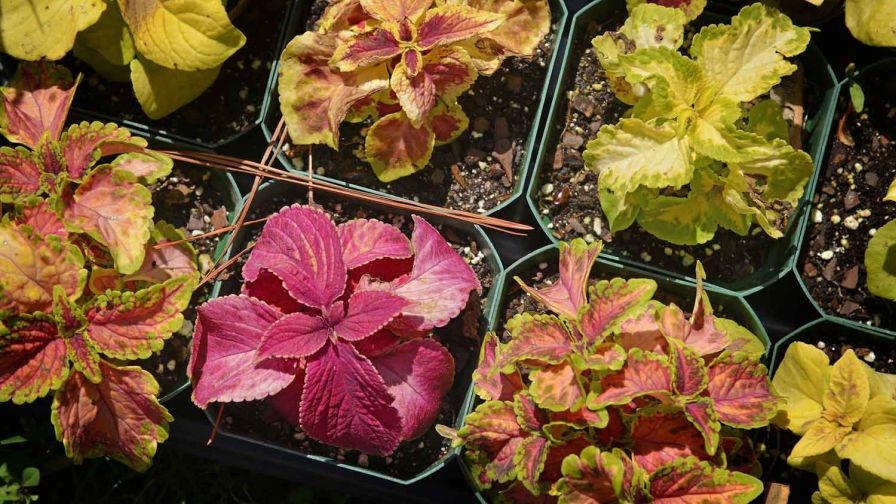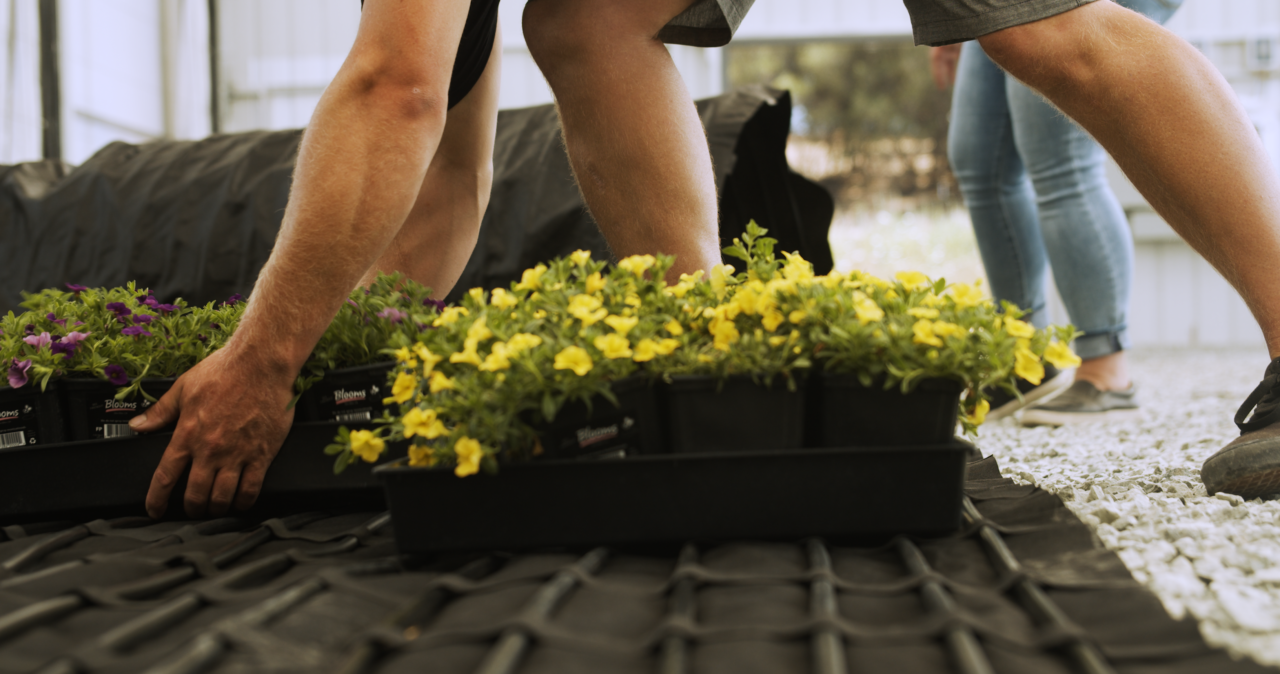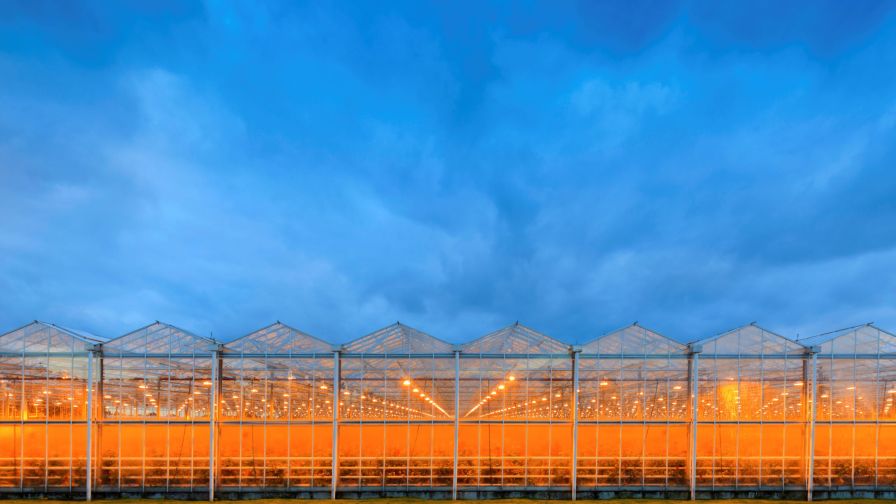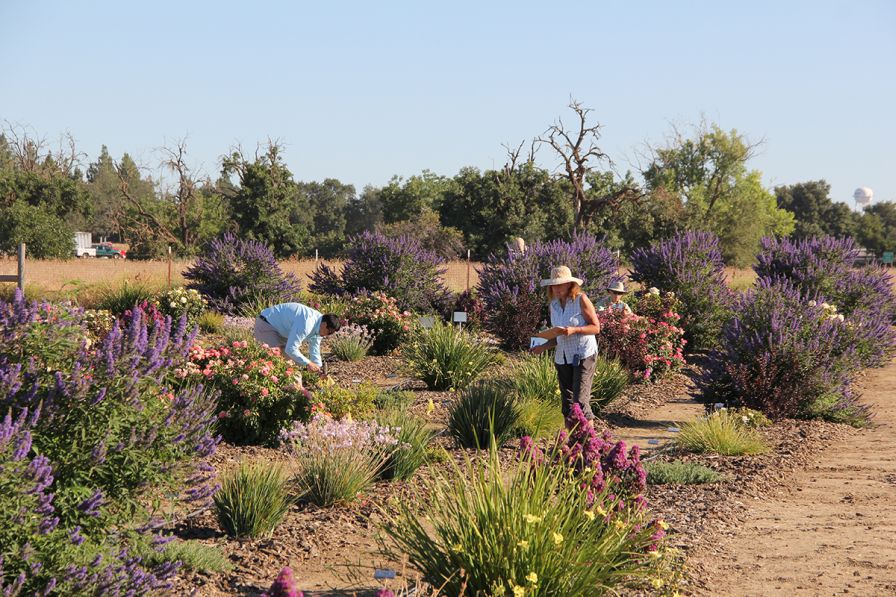Biological Crop Protection Options Come Into Focus
The requisite time to research and develop biological crop protection solutions is “shrinking,” according to Tristan Hudak, the Vice President of Ag Biotech. At the same time, while costs remain high, the market is seeing an influx of new products that are backed by venture capital funding, he says.
“This is beneficial for the biologicals sector, (but) the wide array of solutions can make this cutting-edge space a little more difficult to incorporate into farm practices for growers,” Hudak says. “Further funding into research, either by consultants or Extension agents, will help to make sense of the new products and organize them by efficacy, method of application, and best practices.”
Here to add insight on the current state of the market and their respective companies are several manufacturers of biological crop protection products:
Bioline AgroSciences
Specific to insect control, the movement of existing species into new areas and crops is likely to be the biggest challenge, according to Senior Technical Lead Caroline Reid.
“Having highly adaptable species and products that can be used in many crops and regions is the key to successful insect control,” Reid says. “The development of technologies to allow use of current beneficials in these new crops and regions is the key to future success.”
Bioline’s newest product, Starskii (Amblyseius swirskii), controls whitefly and thrips and can be applied in multiple crops and crop conditions. Its design includes the climate-adapted release technology (CART).
Another product, Tricholine (Trichogramma pretiosum), increases the company’s Trichogramma portfolio. “We have many species for use in different regions,” Reid says. “Tricholine p. is native to North America and controls a wide range of lepidoptera pests on a wide range of crops.
Regarding disease control, the development of beneficial insects that could control plant diseases and fungi is at a lesser stage than insect control but is constantly being evaluated, Reid says.
Kemin Crop Technologies
Growers continually face new pest and disease challenges and restrictions when it comes to pest control, according to Technical Services Manager Michael Hull.
“Providing growers with environmentally friendly options that have proven efficacy will help them control the diseases and pests while being safe and sustainable at the same time,” Hull says. “These biologicals developments will be vital for the future of sustainable agriculture, crop health, and protection.”
For more, continue reading at GrowingProduce.com.








